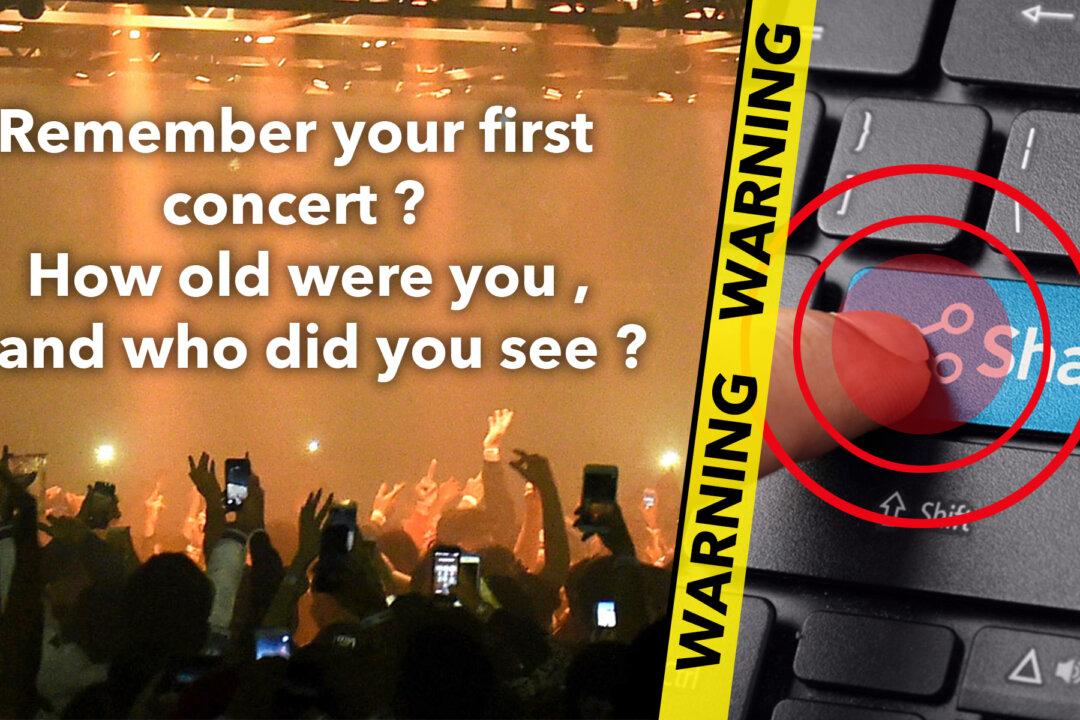If you’re a keen social media user, you might have spotted quizzes popping up on your Facebook newsfeed from time to time. Whether or not you’ve ever been seduced into completing one, this message is for you: be very, very careful what you share.

L: Illustration - Getty Images, R: Illustration - Shutterstock
|Updated:



